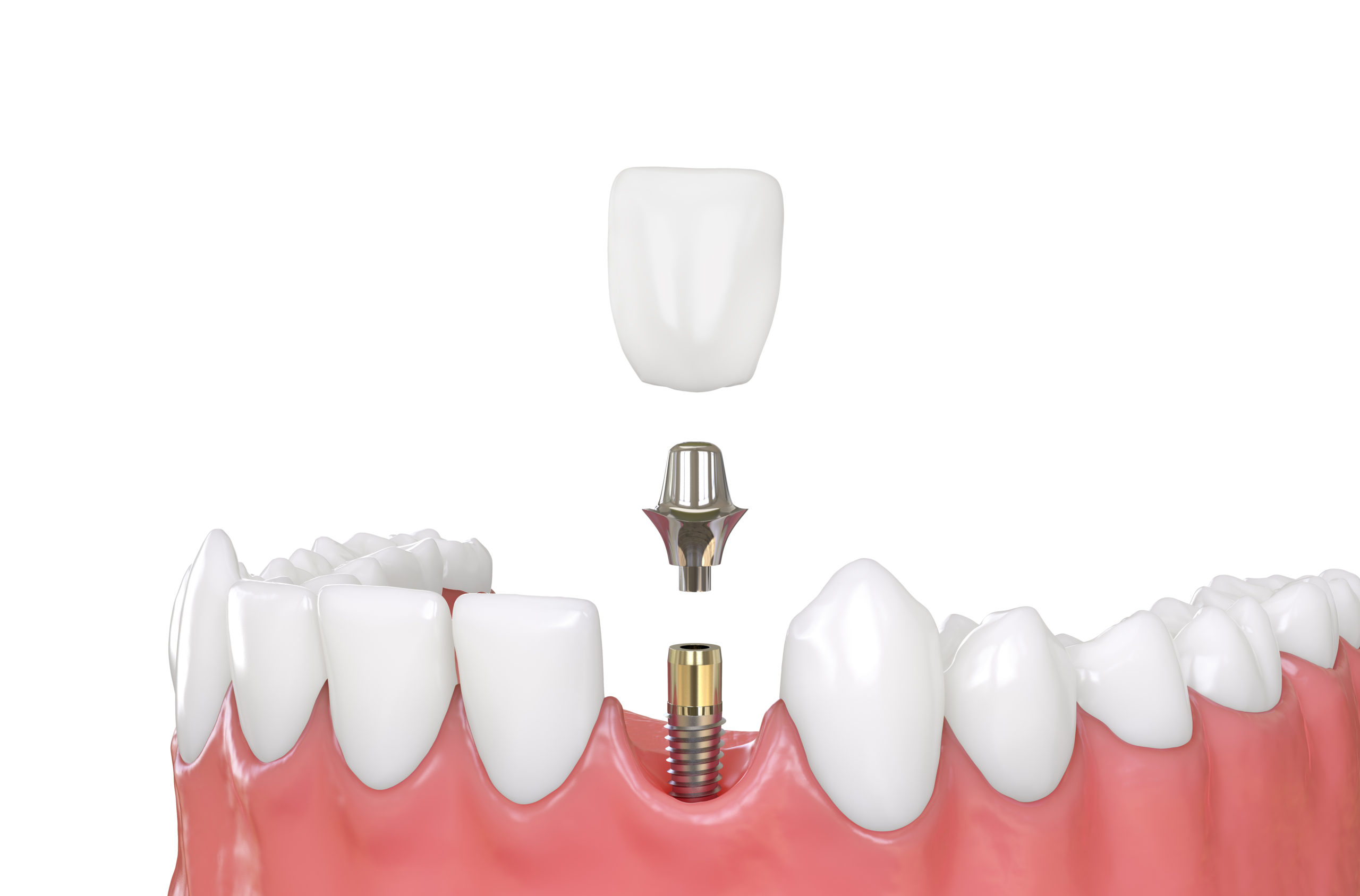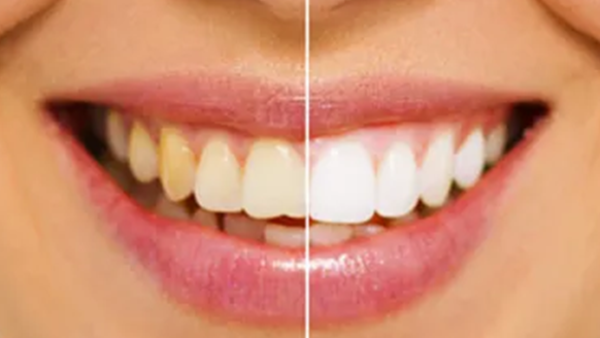Dental Implants have been vastly improved during the past few decades. Implants have become the standard of care for tooth replacement and are now not only more widely available than in the past but also often considered a covered benefit by many dental insurance plans.
Here are 7 reasons to consider getting a dental implant:
Esthetics
Loss of a front tooth is an obvious esthetic issue, but the loss of a back tooth can also become a problem because the loss of one or more back teeth can lead to an appearance of facial collapse. Back tooth loss can cause a person’s bite to over close causing the chin and nose to appear to come together during closure resulting in a premature aging appearance. When a person has less than a full complement of teeth to chew on, the remaining teeth tend to wear down more rapidly, which also may lead to a progressive collapsing of the bite.
Function
Most people do not understand the complexity of the masticatory or chewing system. People do not just bite up and down but in a complex, well-choreographed sequence of motions that allow efficient chewing, while also acting to protect the teeth. Chewing occurs in an arc-like manner with the muscles, jaws, and teeth functioning in harmony with one another. When just one tooth is lost, the system does not function with peak efficiency and chewing movements must be altered in order to maintain efficiency. Think about a complex mechanical watch with one or two gears missing. It may function, but problems will eventually occur if all its parts are not present.
Prevention of bone loss
Realize it or not, bone is a living organ in our body, and it requires some stress for stimulation in order to maintain a strong healthy state. If the bone is taken out of function it will atrophy or shrink. Our teeth act to stimulate our jawbones as we eat and chew. When we lose a tooth or teeth, the stimulation of the bone in the edentulous area no longer gets stimulation, and bone and volume density is lost. Replacement of a tooth with an implant will act to stimulate the bone much the same way as the original tooth and therefore preserve the bone in the area.
Prevention of Tooth Shifting
Many people are aware that when a tooth is lost, teeth in the surrounding area begin to shift because the stability of the dental arch is lost. This phenomenon can be most pronounced when a back tooth is lost. Teeth behind a lost tooth will drift forward and teeth above or below will move down or up into the newly created space. This shifting can ultimately affect the front teeth as the instability and shifting affect the bite and the changing positions of teeth eventually can cause front teeth to look overlapped or protruded. As teeth move into improper positions, they tend to also wear unevenly.
Prevention of Fracture and additional tooth loss
When people lose a back tooth on one side as an example, they tend to avoid that side during chewing and use the opposite side. By chewing on one side, people have a very high risk of breaking teeth or dental restorations on the side that they are heavily chewing on. Dentists often see a cascading effect in their patients where once one tooth is lost, others will follow. Another reason for accelerated damage to back teeth following tooth loss is that heavy chewing forces are being distributed to fewer teeth. Think of driving your car on three tires or removing some of the main beams from your house. Forces placed on back teeth can easily exceed a hundred pounds per square inch during function, which is greatly increased in people with missing back teeth. These overtaxed teeth are often prone to fracture and or nerve problems, necessitating root canal treatment or extractions. The whole process can become a vicious cycle over time as more and more strain is placed on fewer remaining teeth.
Prevention of Jaw Pain/ TMJ Problems
We have discussed the complexity of the masticatory system which is made up of the jaws, muscles, teeth, and the brain along with peripheral nerves supplying neurological input. As mentioned, when this system is out of balance, we may adapt or if that adaptation is not sufficient, we will often have problems. These problems may range from jaw muscle and joint pain to headaches and in rare cases, devastating debilitation.
In our practice, we have often solved long-term painful jaw and tooth complaints by replacing a missing tooth or teeth and/or adjusting a poor bite often caused by tooth loss.
Implants are not susceptible to decay
Tooth decay is and always has been a common disease and the dietary trends of today only act to increase the susceptibility of teeth to decay. So many of the foods and drinks that are consumed by people of all ages will act to break down the protective enamel layer of teeth. Implants are made of titanium and are therefore immune to tooth decay. Implants are not immune to gum disease, however, so they do require maintenance, at home as well as with the dental hygienist.
For all of the reasons mentioned, overall it is often a good idea to explore the possibility of getting a dental implant or implants. If you have further questions regarding the feasibility of dental implants please contact dentists at Pascack Dental Arts.





Leave a Reply